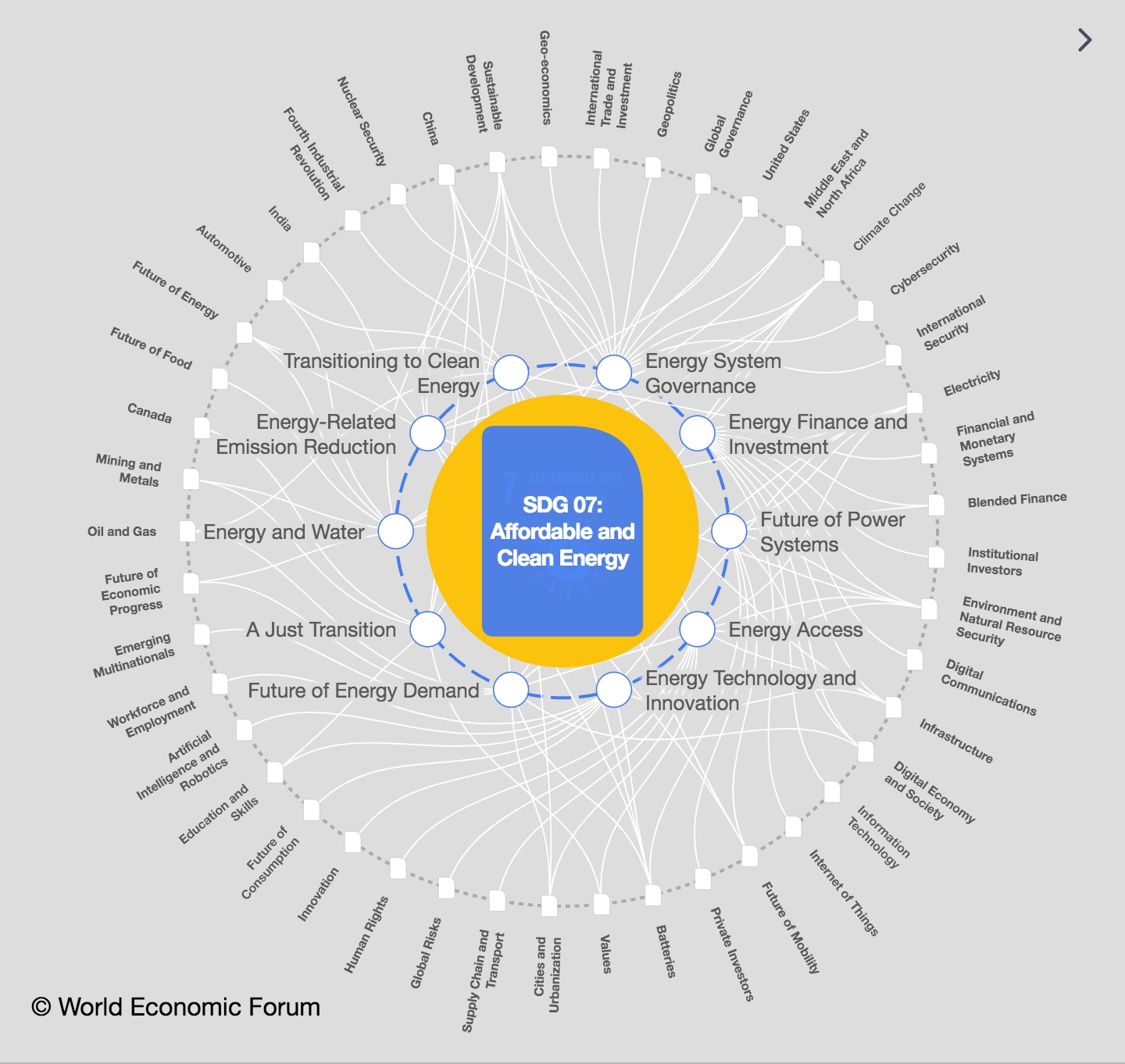This Kenyan entrepreneur is turning water weeds into clean fuel for cooking

The digesters designed by Biogas International use 2-3 kg of water hyacinth to generate clean fuel for cooking. Image: REUTERS/Baz Ratner
- Water hyacinth is an invasive species in Africa which is damaging to marine life and allows mosquitos to flourish.
- Kenyan entrepreneur and Biogas International CEO Dominic Kahumbu is producing digesters that convert biomass into a clean fuel that can be used for cooking.
- The project has so far provided 50 "digesters" to homes in the city of Kisumu in western Kenya - enabling families to switch from wood or charcoal.
A project in Kenya is using biogas technology to tackle two major pollution problems with one device: a machine that converts waste such as invasive water hyacinth into clean cooking fuel.
Converting biomass into clean fuel for cooking
Biogas International, a Kenyan energy technology company, is partnering with drugmaker AstraZeneca (AZN.L) and the Institute for Sustainability Leadership at the University of Cambridge.
This clean fuel project has so far provided 50 "digesters" to homes in the city of Kisumu in western Kenya -- enabling families to switch from wood or charcoal, both of which are hazardous, according to the World Health Organization, and time-consuming cooking methods.
"The gas has no smoke, no smell, it is much faster than the jiko," said Tony Otieno while boiling a milky tea for his 70-year-old grandmother Margaret using biogas from the digester.
Some of the families were given a gas stove as part of the project, to replace their jiko - a portable stove that uses charcoal. Many of the digesters were also given out for free, with the rest subsidised by the company.
The machines run on waste such as ground-up water hyacinth, which has carpeted large parts of Lake Victoria, a freshwater lake between Kenya, Uganda, and Tanzania.
The weed-like plant harms aquatic life including fish in the lake and helps bacteria and mosquitoes flourish, posing health risks to local communities.
The digesters designed by Biogas International use 2-3 kg of water hyacinth scraped from the lake to generate clean fuel that can power a cooker that can make a meal of maize and beans in around four hours.
"Water hyacinth is a blessing in disguise," said Biogas International CEO Dominic Kahumbu. "The elderly people who should be retiring are choking themselves to death ... they should all have biogas."
But at a cost of $650, the digesters are not affordable for most families in the city, he acknowledged. The World Bank put GDP per capita in Kenya at just over $1,800 in 2020.

Although this clean fuel generation technology is scalable, he said, the high cost of producing each digester makes turning a profit unlikely for at least another five years. He said the firm needed new capital investment to produce more digesters.
Two larger versions of the equipment, which are still in the testing phase, would produce cleaner fuel on an industrial scale for restaurants, poultry farms and fish drying facilities in the area.
Don't miss any update on this topic
Create a free account and access your personalized content collection with our latest publications and analyses.
License and Republishing
World Economic Forum articles may be republished in accordance with the Creative Commons Attribution-NonCommercial-NoDerivatives 4.0 International Public License, and in accordance with our Terms of Use.
The views expressed in this article are those of the author alone and not the World Economic Forum.
Stay up to date:
SDG 07: Affordable and Clean Energy
Related topics:
Forum Stories newsletter
Bringing you weekly curated insights and analysis on the global issues that matter.
More on Energy TransitionSee all
Roberto Bocca
November 17, 2025







